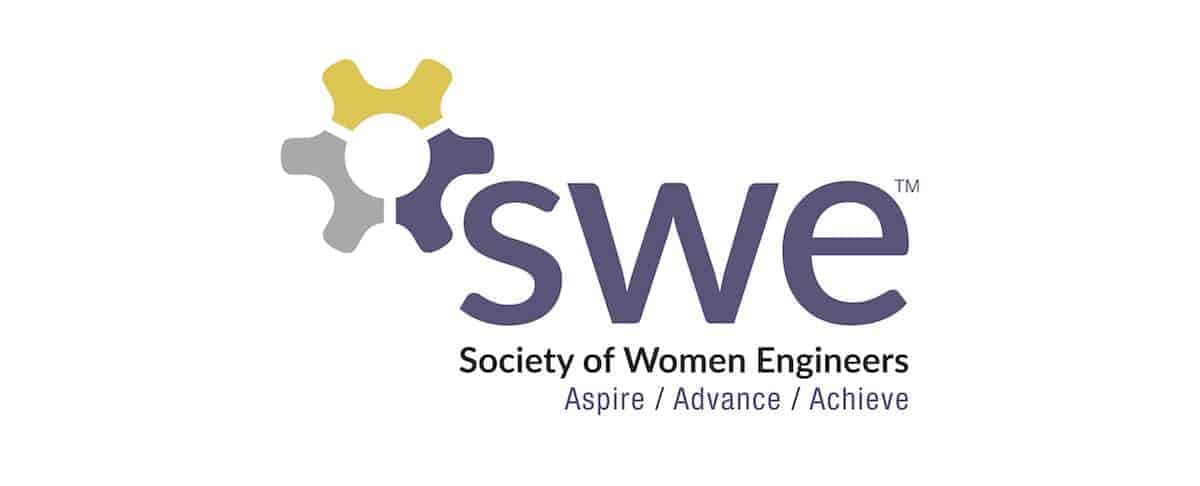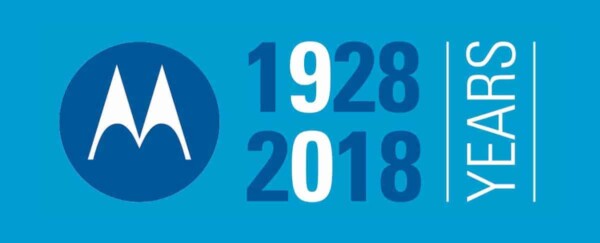Our Diverse podcast is brought to you by SWE Advance, supporting the recruitment, retention and advancement of women in engineering through career resources, professional development and one-to-one networking opportunities.
Penny
Hi, I’m Penny Wirsing, FY19 President of the Society of Women Engineers and this is SWE’s Diverse podcast series. Please remember to add this podcast to your iTunes and like or follow us on social media. Visit swe.org for more details.
Joining me now is Ingrid Arambula. Ingrid is the FY18 Collegiate Director and a recent graduate of Texas Tech University. She was a previous Region Collegiate Representative and past President of the University of Houston Section.
Thanks for joining us Ingrid.
Ingrid
Thanks Penny, I’m happy to be here.
(Questions)
Penny
Tell us more about yourself and how you came to be the Collegiate Director of SWE.
Ingrid
I first became involved as an undergraduate at the University of Houston. In 2012, I was the outreach chair and in 2013 I became the section president. I then transferred to Texas Tech University where I was the Region C Region Collegiate Representative from 2014 to 2015. In 2015, I also participated in the finance committee. When SWE made the announcement to apply for FY18 Collegiate Director, I thought it would be a great chance to get more involved in SWE and represent the collegiate voice on the Board, so I applied and here I am now.
Penny
There are a number of changes in the coming year that will affect our collegiate members. Can you tell us about them?
Ingrid
There are two major changes, specifically that geographic regions are being dissolved, and collegiates now have the right to vote in Society elections. There are also a few other changes that have been underway for a while and are being fully implemented in FY18, like fully transitioning from region conferences to WE Local conferences this Spring.
Penny
Let’s start with the changes in the geographic regions. Tell us more about that.
Ingrid
The SWE Senate voted in October to dissolve the permanent geographic boundaries that define our 10 current regions. It’s important to remember that SWE hasn’t always had regions. They were created in part to help with lines of communication, when information was passed down through the organization more manually. Obviously, there are so many other ways to communicate today such as via email and social media. Also, as SWE becomes more global, we need to be flexible and accommodate affiliates and other SWE groups that support our mission wherever they may be located. Finally, we will no longer have to ask valued elected SWE leaders to resign a position just because they move out of the region boundaries.
Penny
For those who currently hold region leadership positions, like region collegiate representatives, what will happen to them? What other leadership opportunities are available to collegiates?
Ingrid
The region officer positions will be sunset with the regions dissolving, but there are plenty of other leadership opportunities! With the selection process focused now on competencies instead of geography, it will be important that we have a good cross-representation of members in all our committees and other leadership positions. There’s a call for leaders & committee participation that goes out each spring, so be sure to look for it and I encourage you to respond. The SWE Future Leaders, or SWEFL program, will also continue to exist as another avenue for holding leadership positions. And the Senate will be seeking 7 members every year and the collegiate perspective is desirable to ensure the Society’s strategic plan reflects our needs.
Also, if you see someone in a SWE leadership position that interests you, please ask them more about their role, and let them know of your interests. You might be surprised to hear about the variety of paths that some of our leaders have taken.
Penny
Tell me about voting rights for collegiates. What is changing, and how are we getting the word out to everyone?
Ingrid
Just recently the Society bylaws were amended to allow collegiate members voting rights! In the past, only section presidents could cast votes to elect the Collegiate Director. Starting in 2018 all members in good standing, including collegiates, will be able to vote in all Society elections. Also, the Collegiate Director will be slated with the other Board of Director positions and be voted on by all members. This is a big step towards making all our members equally valued for their perspectives.
It will be important for everyone to understand these new responsibilities so they can participate effectively in elections. This podcast is one way of getting the word out, and I hope everyone listening will share this with the rest of their members. We’re also preparing email messages to Section Presidents, Faculty Advisors and Counselors in the coming weeks, and the material will be covered at the WE Local meetings in the spring.
Penny
You mention the WE Local meetings. Can you tell me more about that?
Ingrid
We’ve been in the process of transitioning from region conferences to WE Local conferences for the past several years. The first 2 WE Locals were held in 2017 and they will be fully rolled out in Spring 2018 with 5 conferences in Tulsa, Phoenix, Milwaukee, Portland and Providence. They will be geographically dispersed across the US each year. These are similar to the region conferences, but coordinated through a central planning group so they provide more consistency and better value for the attendees. There is a Task Force that is looking at what to do about awards that were previously given out at region conferences, and details will be communicated later this year.
Penny
This is all useful information, Ingrid! How do all these changes affect the typical collegiate member?
Ingrid
In general, the typical member won’t see any drastic changes, especially at the local level. They can continue to focus on everything they currently do – outreach, professional development, networking, recognition, scholarships, mentoring, and everything else that supports all their events and programs. If anything, collegiate members will have more opportunity to expand beyond their geographic boundaries to connect with other SWE members and create professional contacts by attending a WE Local conference in different areas.
Penny
Who can people reach out to if they have questions?
Ingrid
Your Faculty Advisor and Counselor will be receiving guidelines on how to better assist you. We are putting a plan in place to help the flow of communication, but it is up to you to approach them when you need help or have questions, and not just wait for them to come to you. The Leadership Coaching Committee is also restructuring and assigning coaches to each section to be able to better support section vitality, so you’re welcome to reach out to your coach if you have specific questions or concerns. There’s also the governance web site, at www.governance.swe that contains a lot of reference information, and you can send specific questions via email to governance@swe.org.
Penny
Thanks, Ingrid. I appreciate all the information. Do you have any final thoughts?
Ingrid
Thanks, Penny. I just want to thank those listening to this podcast and reaching out to learn more about how they can participate more in SWE.
(Conclusion)
Penny
To find out more about the Governance Update, go to governance.swe.org or email your questions to governance@swe.org.
Ingrid Arambula is the FY18 Collegiate Director and a graduate of Texas Tech University.
Ingrid, thanks for participating in SWE’s Diverse podcast series.
For SWE, I’m Penny Wirsing. Thanks for listening!
Author
-
![Podcast: SWE Governance Update for Collegiates [] SWE Blog](https://alltogether.swe.org/wp-content/uploads/2021/10/swe-favicon.png)
SWE Blog provides up-to-date information and news about the Society and how our members are making a difference every day. You’ll find stories about SWE members, engineering, technology, and other STEM-related topics.






